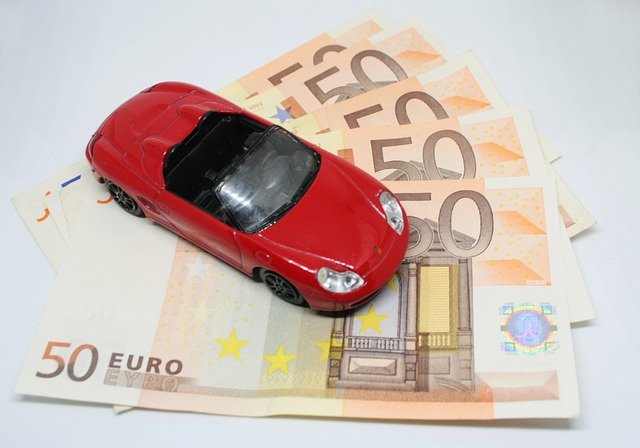Understanding Bank Auction Cars: Process, Considerations, and Buyer Tips
Bank auction cars are made available through a structured process that allows interested buyers to explore vehicle options beyond traditional dealerships. Understanding how these auctions work, what to expect, and how to evaluate listings can help buyers approach the process with confidence and clarity.

How do bank car auctions work?
Bank car auctions are events where financial institutions sell vehicles that have been repossessed due to loan defaults. These auctions can be conducted in person or online, depending on the bank’s preference. The process typically begins with the bank listing available vehicles, including details such as make, model, year, and mileage. Interested buyers can then register to participate in the auction, which may require a deposit or proof of funds. During the auction, participants bid on their desired vehicles, with the highest bidder winning the right to purchase the car.
What are the steps to participate in vehicle auctions?
Participating in a bank car auction involves several key steps. First, potential buyers must research upcoming auctions and register with the hosting institution or auction house. This often requires providing identification and financial information. Next, buyers should thoroughly review the available vehicle listings, paying close attention to any provided details or conditions. On the day of the auction, participants must arrive on time (for in-person events) or log in to the online platform. Bidding then commences, with participants raising their hands or clicking buttons to place bids. If successful, the winning bidder must complete the payment process and arrange for vehicle pickup or delivery.
What should buyers consider before bidding on auction cars?
Before participating in a bank car auction, potential buyers should consider several important factors. First, it’s crucial to set a budget and stick to it, as the excitement of bidding can lead to overspending. Buyers should also research the market value of desired vehicles to ensure they’re getting a good deal. Additionally, it’s important to understand that most auction cars are sold “as-is,” meaning there may be no warranties or guarantees. Buyers should be prepared for potential repair costs and factor these into their budgets. Lastly, considering the vehicle’s history, including accident reports and maintenance records, can help inform bidding decisions.
What are some tips for buying cars at auction?
When buying cars at auction, several tips can help increase the chances of a successful purchase. First, arrive early or log in to online auctions well before the start time to familiarize yourself with the process and available vehicles. It’s also advisable to set a maximum bid for each vehicle of interest and stick to it, avoiding emotional bidding. Bringing a mechanic or knowledgeable friend to in-person auctions can provide valuable insights into vehicle conditions. For online auctions, thoroughly reviewing all available photos and information is crucial. Additionally, be prepared with multiple vehicle options in case your first choice sells above your budget.
What unique factors should Indian buyers consider for repossessed vehicle sales?
In India, bank car auctions have gained popularity as a way to find affordable vehicles. However, Indian buyers should be aware of some unique considerations. The Reserve Bank of India (RBI) regulates the auction process, ensuring fairness and transparency. Buyers should familiarize themselves with local auction rules and regulations, which may vary by state. It’s also important to verify the vehicle’s registration and insurance status, as well as any outstanding fines or taxes. Additionally, considering the popularity of certain makes and models in India can help buyers gauge potential resale value and parts availability.
What are the typical costs and providers for bank car auctions in India?
Bank car auctions in India are conducted by various financial institutions and specialized auction houses. Here’s a comparison of some providers and their associated costs:
| Provider | Services Offered | Cost Estimation |
|---|---|---|
| State Bank of India | Online and physical auctions | Registration fee: ₹1,000 - ₹2,000 |
| HDFC Bank | Online auctions | Registration fee: ₹500 - ₹1,000 |
| Manheim India | Online and physical auctions | Registration fee: ₹2,000 - ₹3,000 |
| CarTrade.com | Online auctions | Free registration, 2% service fee on winning bids |
| Shriram Automall | Physical auctions | Registration fee: ₹1,000 - ₹1,500 |
Prices, rates, or cost estimates mentioned in this article are based on the latest available information but may change over time. Independent research is advised before making financial decisions.
Understanding repossessed vehicle sales and the bank car auction process can open up new possibilities for car buyers in India. By carefully considering the factors involved, following the necessary steps, and implementing smart bidding strategies, participants can potentially find great deals on quality vehicles. However, it’s crucial to approach these auctions with caution, thorough research, and a clear understanding of the risks and responsibilities involved. With proper preparation and a realistic mindset, bank car auctions can be a valuable avenue for purchasing vehicles at competitive prices.




